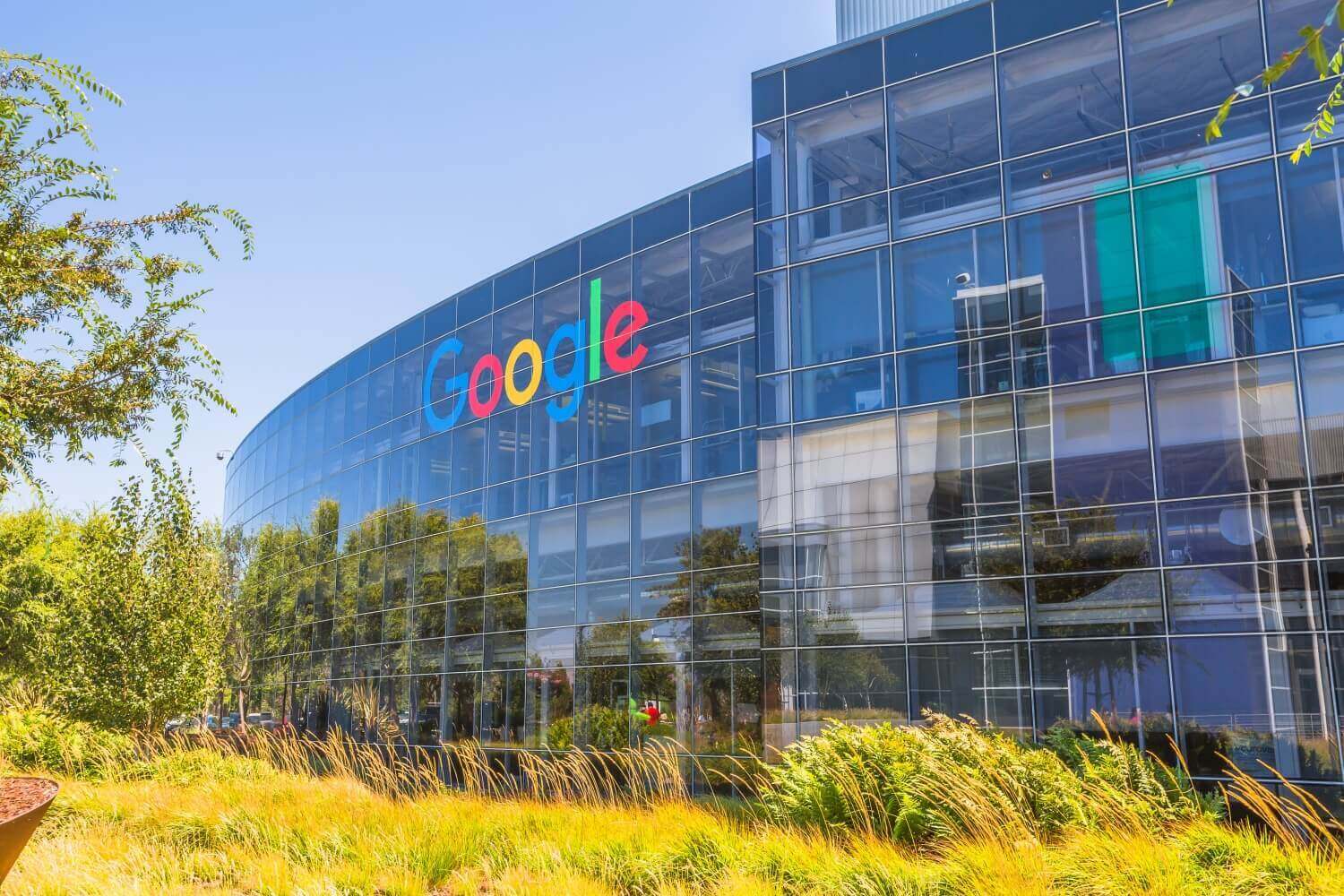Bottom line: No less than 85 percent of Google’s revenue is still made up of advertising revenues, which is why the company has been trying hard to diversify beyond its core business. Despite seeing its revenues decline in the second quarter for the first time in 22 years, the company believes its worst days are behind it.
Alphabet’s latest earnings report is in, and it looks like the company registered its first decline in 22 years, mostly as a direct result of Covid-19’s impact on advertising spend.
For the three months ending in June, the company saw total revenues of $38.3 billion, which is a two percent decline when compared to the same time period in 2019. And while this wasn’t a big surprise to analysts, it did surpass the expected figure of $37.4 billion.

Net income was $6.4 billion, which is also significantly lower than the $9.9 billion registered during the same quarter of last year. Google has seen a surge in online traffic in April and May, but at the same time advertisers reduced their spending on search ads, a situation that only started to improve in June.
Google is on a quest to diversify beyond advertising, but its “Other Bets” category has still struggled in Q2, contributing towards a total of $1.12 billion in losses. The bright spots have been YouTube and its cloud division, which brought in $3.81 billion and $3 billion, respectively.
During the investor call, Google CEO Sundar Pichai noted that while the economic environment remains a difficult one, the company is confident that its hardware efforts will pay off in the coming quarters. Pichai believes that “as people increasingly turn to online services, our platforms — from Cloud to Google Play to YouTube — are helping our partners provide important services and support their businesses.”
Overall, the search giant looks confident in its ability to weather the storm that forced companies like Uber, GoPro, Lyft, Patreon, Kickstarter, Magic Leap, and AT&T to reduce their workforce in order to stay afloat. Google has managed to avoid layoffs by cutting marketing budgets and freezing hiring, and it will likely continue to save on operational costs as it will allow employees to work from home for an additional 12 months.
Source link
